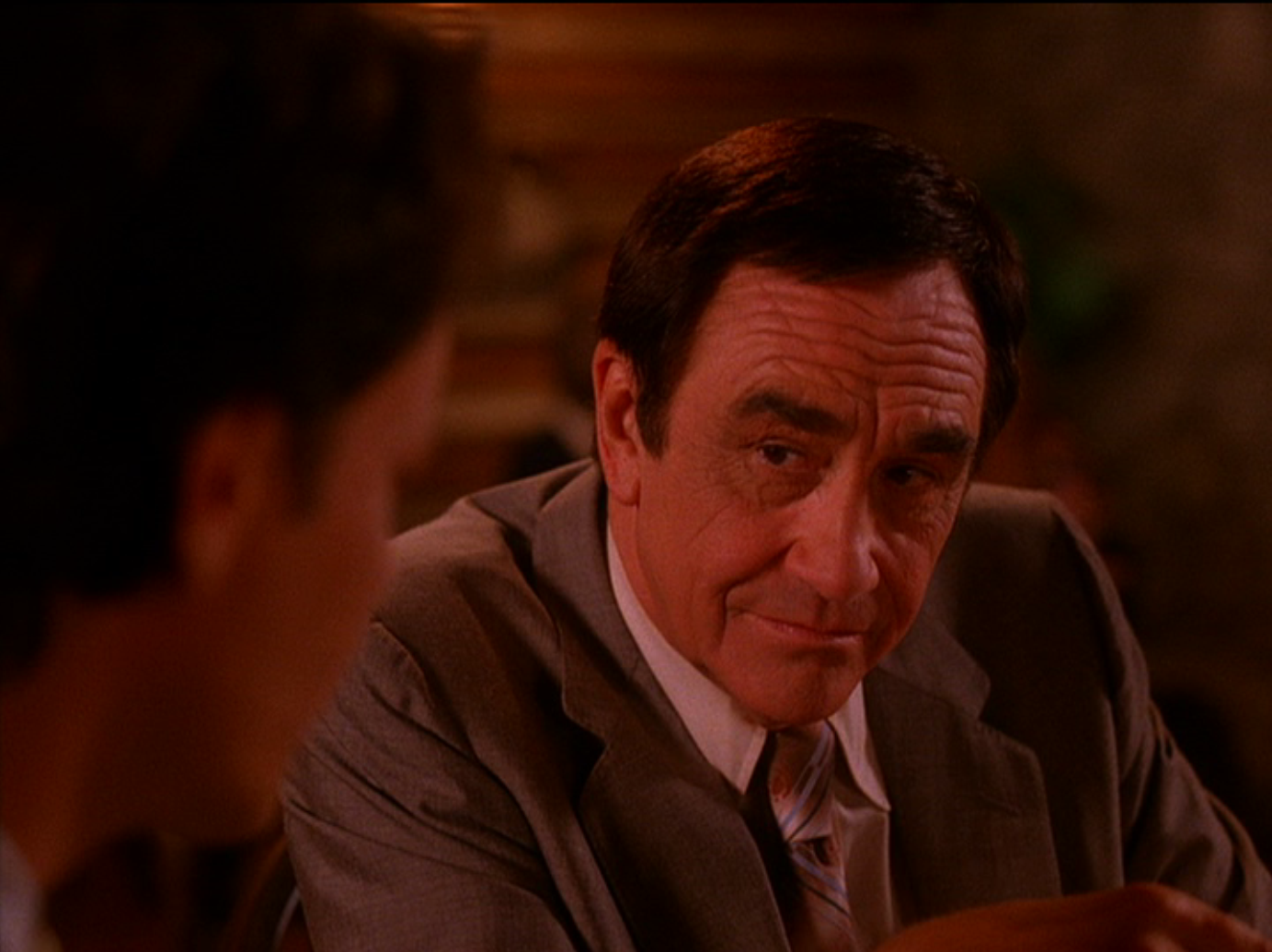The first part of this essay provides the context which my original 2014 - 15 video series JOURNEY THROUGH TWIN PEAKS grew out of and the second part details their process of creation. This third part focuses on the videos I published in 2020 - 21 which cover Twin Peaks' third season and the other work of the show's contributors. A fourth part of this essay will follow next year, after I've created more videos focused exclusively on season three.
Visit
to view all videos discussed in this essay
In the summer of 2018, following a cousin's wedding near San Francisco, I flew north to visit another cousin in Seattle. During this visit, we took a day trip to the area where Twin Peaks was shot, my first visit to the small towns of North Bend and Snoqualmie, as well as a few locations closer to the city - or even in its very heart (did you know that the rustic Roadhouse is actually a theater embedded right in downtown Seattle?). I'd moved from California to New Hampshire a couple years earlier but while out west again I was struck by how much...bigger everything is there. Not just the massive trees which dwarf eastern timber, but also the large patches of uninhabited areas between cities as well as the very sprawl of those cities (Los Angeles obviously, but even smaller urban centers like Seattle feel more spread out, less clustered, than a metropolis like New York or Boston). Paradoxically, both the bulk of massive natural phenomena like redwoods or the Rockies and the preponderance of empty or less densely populated spaces contribute to this experience of bigness, vast both vertically and horizontally.
About a year and a half after this trip, I finally got to work on new chapters of Journey Through Twin Peaks (although the ideas behind them had been percolating for a long time). These sprawling, scattered, grand-scale videos, in process and end result, bear the same relationship to my earlier videos as the West Coast does to the East. The contrasts are endless and illuminating. Parts 1 - 4 of Journey, assembled in just over four months in the fall and winter of 2014 - 15, were acts of extreme concentration. Little else filtered into my consciousness aside from Twin Peaks and my devotion to illustrating its chronological journey, mostly using clips from the series or film even as I expanded and experimented with my palette in the latter chapters. Part 5 of Journey, the form that these 2020 - 21 videos would eventually be assembled into, took nearly a year, during which my attention was spread across many other projects too. This also happened to be perhaps the most eventful historical epoch of my entire life even if I (like most of the world) was isolated in my experience of it. Part 5 was itself quite jumbled - both in terms of chronology and subject matter - and on top of that it was created all out of order, with the "last" section completed and released nine months before what were supposed to be earlier passages. Part 5 also ended up being longer than any previous comparable unit, indeed half the runtime of the previous four parts combined (its largest component chapter was itself almost as long as Part 1), and far from limiting itself to Twin Peaks (though it leapt around all three seasons and Fire Walk With Me, along with spin-off materials) it incorporated clips from well over a hundred different source materials scoured from YouTube or via hunts down different avenues.
Yet out of this often bewildering and overwhelming process, I was able to craft something that feels very much of a piece with the earlier videos - an expansion that carries on their spirit - and when I wasn't exasperated with delays or juggling different inputs and outputs, I had a ball putting it together. An order eventually emerged from the swirling activity.
If the writing, preparation, and editing of Journey Through Twin Peaks Part 5 was a complicated and drawn-out endeavor, so was the lead-up to it. Though I'll try to keep myself focused on the period of these videos, an introduction is necessary to set the stage because five long years passed between finishing Part 4 and initiating Part 5, much longer than I expected.































